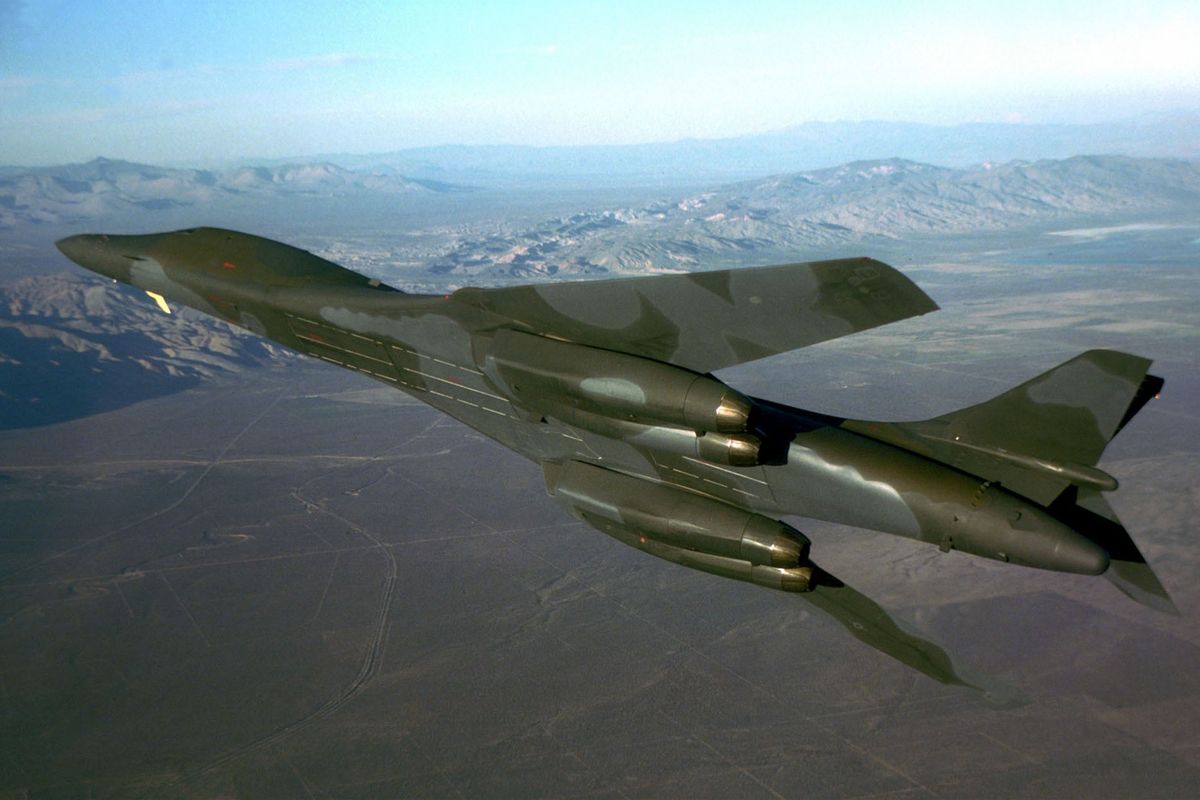A fresh wave of Turkish tanks rolled into Syria yesterday, in an effort to both fight the Islamic State (also known as ISIS or ISIL) and to keep Kurdish forces in check. Concerns about the Syrian YPG – a primarily Kurdish military force operating in northern Syria and viewed by Turkey as an extension of its own Kurdistan Workers Party (PKK) – gaining territory west of the Euphrates River, are part of a larger fear of an autonomous Kurdish region on Turkey’s border.
The United States shares Turkey’s former goal, but not the latter. However, “the United States would rather work with a country [Turkey] than with an entity [YPG]” to defeat ISIS, Soner Cagaptay tells The Cipher Brief.
Cagaptay – who is Director of the Turkish Research Program at the Washington Institute for Near East Policy – explains, “I think we’re seeing a U.S. dream come true. The dream was that Turkey would finally become serious about ISIS in Syria and by sending in troops and taking Jarablus Turkey has demonstrated that.”
On Wednesday, Turkish and American forces – along with Syrian rebels – launched a major offensive that pushed ISIS out of Jarablus. It was the Turkish military’s largest incursion into Syria since the civil war there started more than five years ago.
But the Jarablus operation is seen by some as less of a military victory and more of a political victory – and a way to mend ties between the U.S. and Turkey, which became especially tense after the attempted Turkish coup and seeming lack of U.S. support.
“I do think part of this operation [in Jarablus] was timed to exert pressure on the U.S.,” says Aaron Stein, a senior fellow in the Rafik Hariri Center for the Middle East at the Atlantic Council.
“Since it seems that ISIS pulled back before, it’s not so much a military victory as a sign of the future political and military cooperation between the U.S. and Turkey against ISIS,” explains Aliza Marcus, an analyst on Kurdish affairs and author of Blood and Belief: The PKK and the Kurdish Fight for Independence.
A political analyst based in Turkey echoes that: “The Turkish Army, traditionally, is non-interventionist […] The taking of Jarablus is not militarily significant (if it was, there would have been ISIS to fight in the town); but politically significant.”
Still, Cagaptay says it wasn’t all political. Rather, it demonstrates a shift in priorities in Ankara toward defeating ISIS. Turkey, in Cagaptay’s view, is now less “obsessed” with ousting Syrian President Bashar al-Assad because ISIS has been increasingly targeting Turkey. Adding to that, Turkey and Russia – which has given Assad its backing – finally normalized relations.
The Jarablus operation was both a way for Turkey to show that it is taking the fight against ISIS seriously and political maneuvering – a way for Turkey to exert force and for the U.S. to concede.
Indeed, Vice President Joe Biden (who was in Turkey on Wednesday), in a move to appease Turkey, warned the Syrian Kurdish forces that the U.S. will cut all support to them unless they retreat east of the Euphrates.
“Biden’s move seems to be a reversal of the U.S.-Turkish agreement to take Manbij,” says Andrew Tabler, a Washington Institute fellow. That agreement allowed the Kurds earlier this year to cross the Euphrates into the west to capture Manbij, just south of Jarablus in Syria.
Turkish journalist Amberin Zaman, on the other hand, tells The Cipher Brief the U.S. is not changing policy and that it was clear from the beginning the Kurdish forces would have to pull back after taking Manbij.
Zaman – who currently writes for Al-Monitor and is also a public policy fellow at the Wilson Center – explains, “This is part of a broader U.S. strategy of working together with these Kurdish forces while also maintaining its cooperation with Turkey, which is extremely important.”
Just yesterday, Turkey fired on U.S.-backed Kurdish militias in northern Syria, leaving the U.S. in “this triangular relationship which is complicated by the fact that Turkey and the Kurdish forces are at odds with each other,” comments Zaman.
Senior Fellow at the Foundation for Defense of Democracies Aykan Erdemir tells The Cipher Brief, “As long as Turkey fails to resolve the Kurdish question at home, its domestic conflict will continue to spill over into the Syrian crisis and vice versa. This, in turn, will continue to complicate and debilitate U.S. efforts against the Islamic State.”
Erdemir, who was a member of the Turkish Parliament from 2011-2015, continues, “The current deadlock in Jarablus is yet another reminder of the impossibility of separating security and democratic concerns. Turkey’s democratic deficit is undermining its cooperation with U.S.”
Kaitlin Lavinder is a reporter at The Cipher Brief.













